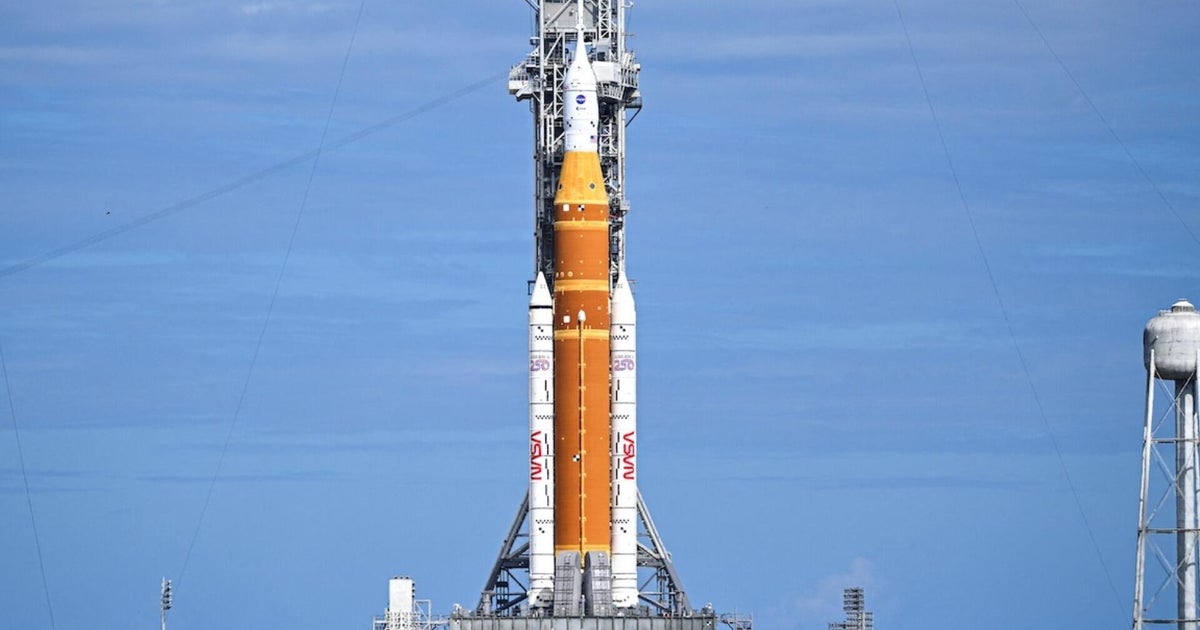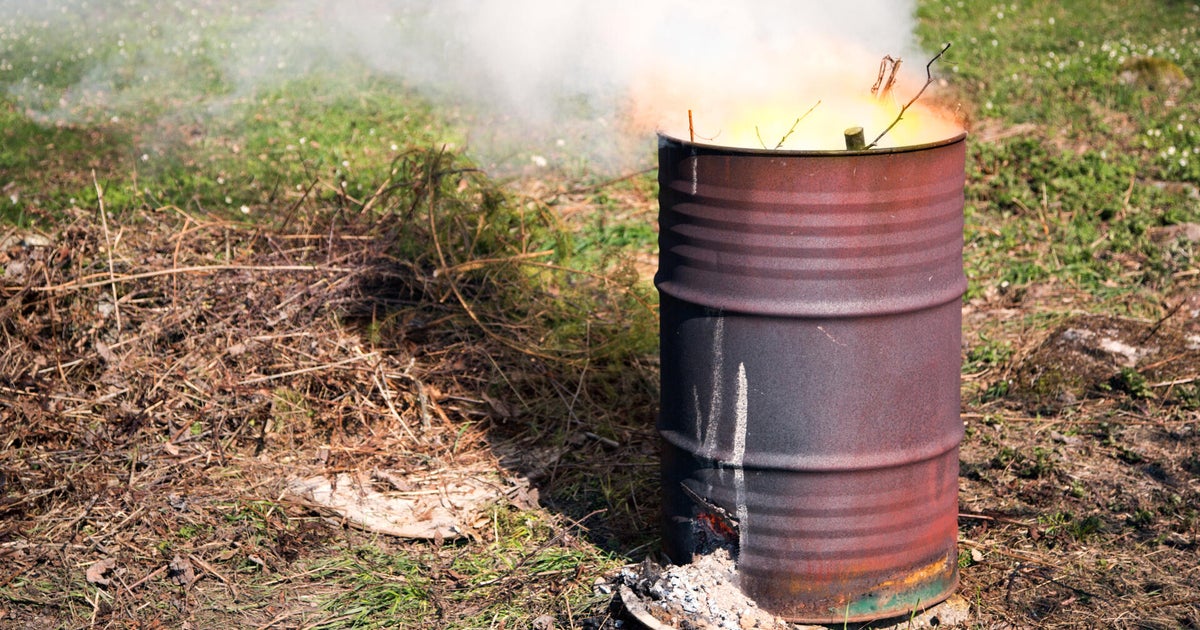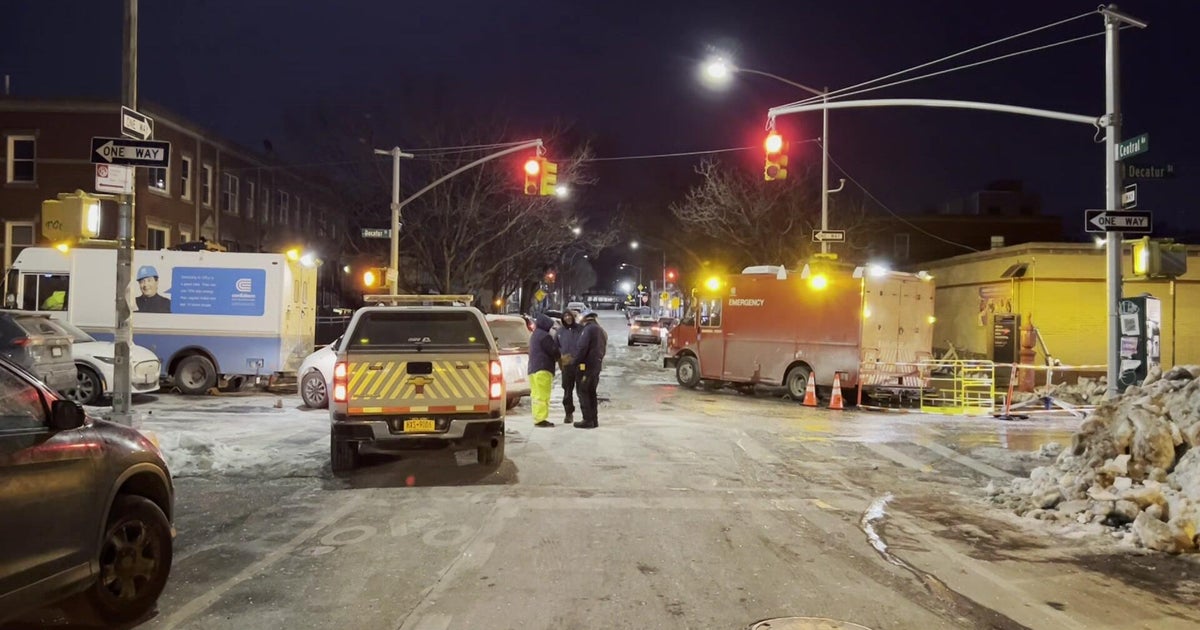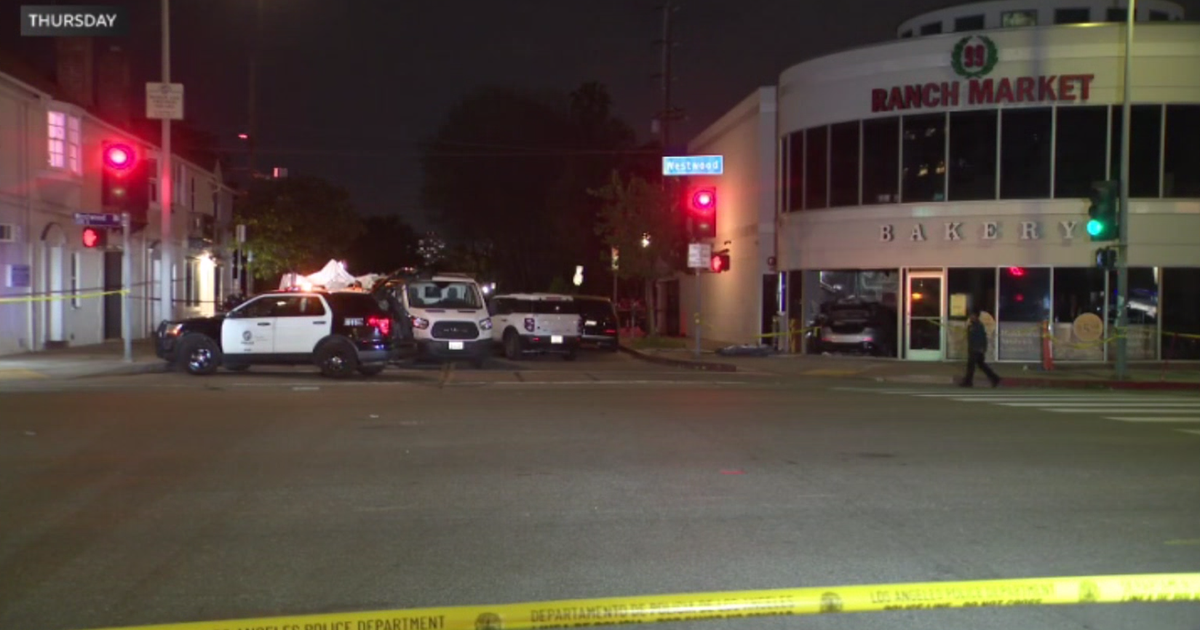NRC Task Force: U.S. Nuclear Plants Still Safe
ROCKVILLE, Md. (AP) -- A federal task force on Thursday vouched anew for the safety of U.S. nuclear power plants in the aftermath of the Japanese crisis.
The group established by the Nuclear Regulatory Commission said it has not identified any issues that undermine confidence in the continued safety and emergency planning at the 104 U.S. nuclear reactors.
Even so, the task force said it is likely to recommend changes in rules governing U.S. nuclear plants to enhance safety and preparedness — and lower the level of risk.
The group comprised of senior NRC staffers said it will address a range of issues at nuclear plants, including their ability to cope with prolonged power outages caused by earthquakes, floods, fires or other catastrophic events.
NRC chairman Gregory Jaczko has questioned whether U.S. reactors are prepared for the type of days-long power outage that struck a nuclear power plant in Japan following the March 11 earthquake and tsunami there.
In this country, the NRC has mandated that plants need only cope without power for four to eight hours. After that time, the policy assumes some electrical power would be restored, either from the power grid or emergency diesel generators that are required at all plants.
The task force did not make a recommendation on so-called "station blackouts," but the group's chairman said it likely will be addressed in a 90-day report due in July.
The task force also will look at ways to prevent long-term damage to the core reactors and spent fuel pools in the event of a long-term blackout, said Charles Miller, a senior NRC staffer who chairs the task force. Miller briefed the five-member commission Thursday on the group's progress.
The NRC set up the panel in late March, saying it was important to apply lessons learned from Japan. The task force is conducting two reviews, a 90-day report due in July and a long-term analysis due in January.
Thursday's progress report came as Rep. Edward Markey, D-Mass., released a separate report highlighting what he called inadequacies at the NRC that could impair effective oversight of U.S. nuclear plants.
Markey, a longtime opponent of nuclear power, said emergency diesel generators have repeatedly failed at dozens of nuclear plants in recent years. At least 69 incidents of diesel generator failures have been reported at 33 nuclear plants in the past eight years, he said.
NRC regulations do not require emergency diesel generators to be operational when there is no fuel in a nuclear reactor core, even though that could leave spent fuel pools without any back-up cooling system in case power is lost, the report said. In Japan, large amounts of radioactive material escaped from a spent fuel pool at the stricken Fukushima Dai-ichi nuclear plant after cooling systems failed.
Markey's report also said the NRC should do more to prevent hydrogen explosions at nuclear reactors and spent fuel pools and said it also should update seismic safety requirements for nuclear reactors. The Fukushima plant experienced several hydrogen explosions after the earthquake and tsunami.
"It is apparent that many of the failures of the reactor cooling systems and measures to prevent explosions that led to the meltdowns in Japan could also occur in the United States and would not even be violations of current regulations," Markey said in a statement. "This is unacceptable, and I believe that the NRC must halt its processing of all pending nuclear reactor licensing applications until these vulnerabilities are fully remedied."
(Copyright 2011 by The Associated Press. All Rights Reserved.)







